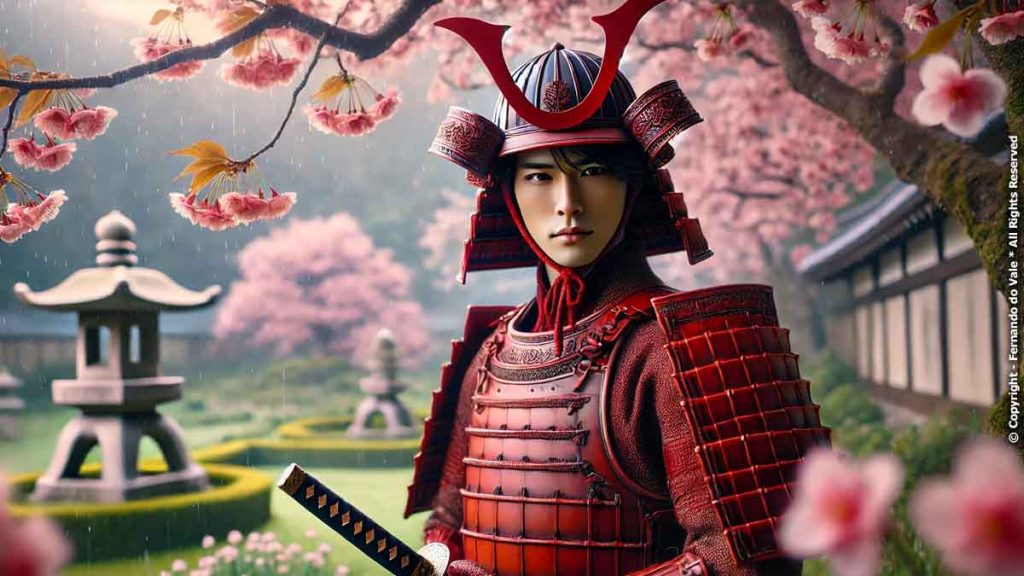
(Image: Fernando do Vale)
The world of the samurai is often romanticized for its code of honor, martial prowess, and strict discipline. However, beneath this surface lies the tradition of Shudo, a practice that involved same-sex relationships between an older samurai and a younger apprentice. These relationships were not only accepted but also revered for the emotional depth and mentorship they provided within the samurai class.
Cultural Significance of Shudo in Samurai Society
Shudo, often translated as “the way of the youth,” was deeply ingrained in samurai culture. These relationships went beyond mere physical attraction; they were built on mutual respect, loyalty, and the exchange of knowledge. Shudo played a crucial role in the social and educational upbringing of young samurai, ensuring the continuity of the warrior’s code and values through generations.
Literary and Artistic Depictions of Shudo
The tradition of Shudo was often depicted in Japanese literature and art, though these representations were usually subtle and symbolic. Through these cultural artifacts, we gain insight into how same-sex relationships were viewed and valued within the samurai class. The depiction of Shudo in art and literature not only reflects the social acceptance of these relationships but also highlights their importance in maintaining the fabric of samurai society.
Shudo: Balancing Warrior Duty and Personal Affections
Shudo’s Role in Samurai Ethics
Shudo was more than just a personal relationship; it was a crucial part of the ethical and moral development of young samurai. The bond between mentor and apprentice was seen as a way to instill the values of loyalty, bravery, and discipline. These relationships were integral to the samurai code, ensuring that the next generation of warriors upheld the same principles and honor.
The Discreet Nature of Shudo Relationships
While Shudo was an accepted practice, it was often conducted with discretion. Samurai were expected to maintain their public duty and honor, while also nurturing these personal bonds. The delicate balance between public responsibility and private affection reflects the complex social dynamics within samurai culture, where personal relationships played a vital role in shaping the ethical framework of the warrior class.